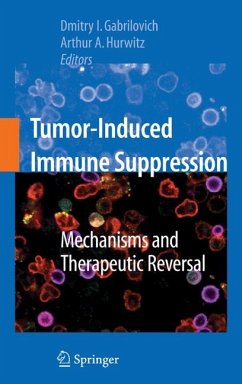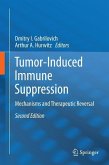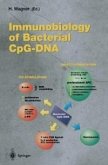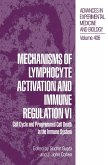- Different surface molecules that mediate T-cell suppression in cancer;
- The specific roles of dendritic cells, macrophages, and myeloid-derived suppressor cells in tumor non-responsiveness;
- The contribution of regulatory T cells in the inability of immune systems to mount antitumor response;
- The role of T-cell signaling and different metabolic pathways in tumor-associated immune suppression.
This volume connects a multitude of different immunosuppressive mechanisms into one cohesive picture. Most of the chapters not only describe the biological phenomena, but also suggest specific approaches to their correction.
This book should be of high interest for researchers in the fields of tumor immunology and general immunology, as well as for those who are involved in clinical oncology and cancer immunotherapy.
Dieser Download kann aus rechtlichen Gründen nur mit Rechnungsadresse in A, B, BG, CY, CZ, D, DK, EW, E, FIN, F, GR, HR, H, IRL, I, LT, L, LR, M, NL, PL, P, R, S, SLO, SK ausgeliefert werden.
Hinweis: Dieser Artikel kann nur an eine deutsche Lieferadresse ausgeliefert werden.









